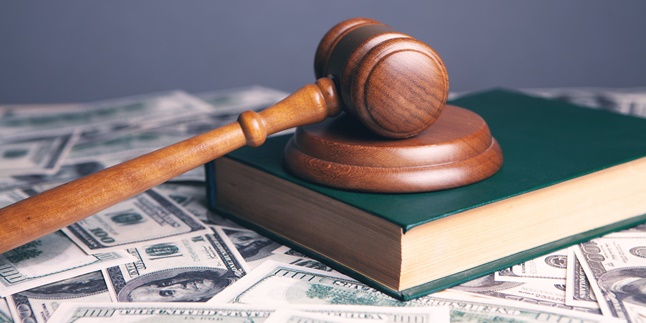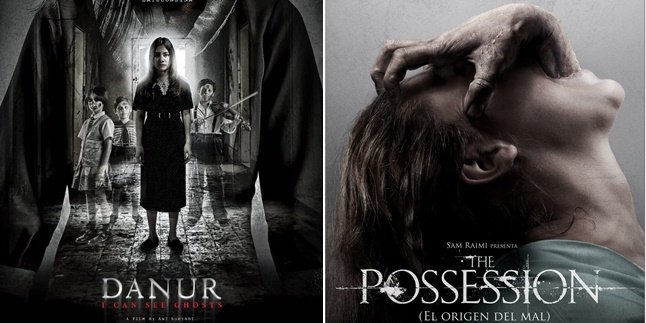Kapanlagi.com - Regulation is not a foreign term in Indonesia. This word has also been frequently used in daily discussions, especially in the topics of government or business. Usually, this term is used in discussions that lead to topics about certain laws or regulations. But, do you know what regulation actually means?
The meaning of regulation is a set of rules to control order to avoid violations. Of course, these regulations are made to be obeyed by all members. The most common form of regulation is government regulation and self-regulation.
In general, regulation itself actually exists in various fields of life. It's normal if you often hear it. The function of regulation itself is to control or regulate every action taken by humans. Well, if you are curious about the meaning of regulation and an explanation of its theory, just read the information below.
1. Meaning of Regulation
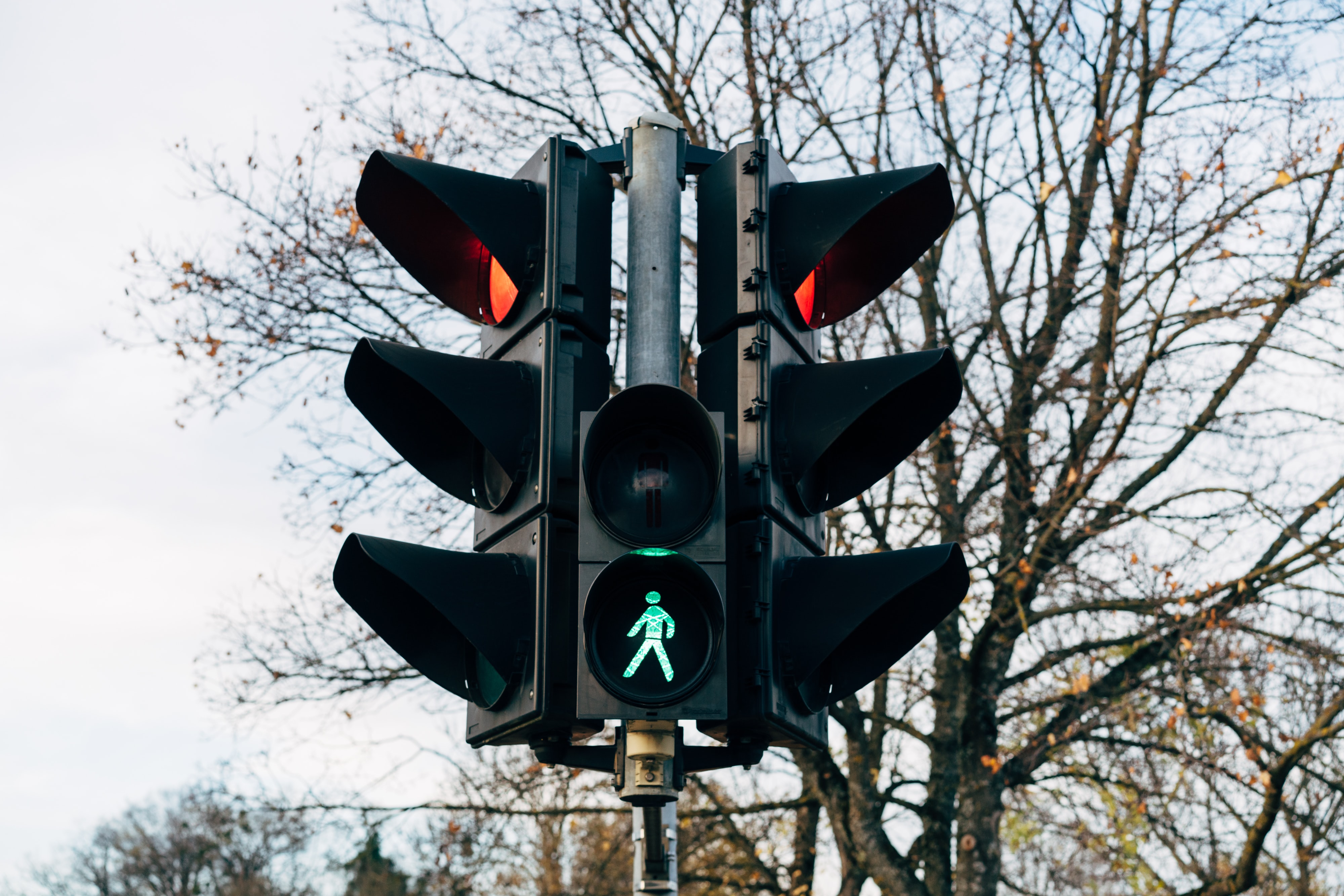
Illustration (Credit: Unsplash)
In short, the meaning of regulation can be understood as rules. More broadly, regulation is a rule made by the government or other authorities to control something that is done or the way people behave. You may often hear this term in business or government affairs.
Government regulation can be understood as a natural extension of laws that define and control some ways that businesses or individuals can follow the law. Meanwhile, the meaning of business regulation is rules issued to control behavior in business. These rules include legal limits by the central or regional government, trade association regulations, industry regulations, and other rules.
2. Meaning of Regulation According to Experts

Illustration (Credit: Unsplash)
In addition to the above definition, the following is an explanation of the meaning of regulation according to experts that you can learn.
1. Steewart and Walshe (1992)
The meaning of regulation according to Steewart and Walshe is a process to ensure that standards are met as a legal requirement for certain services or public activities so that policies are fulfilled.
2. Collins Dictionary
According to Collins Dictionary, the meaning of regulation is a rule made to control how something is done or how people behave.
3. Regulatory Function
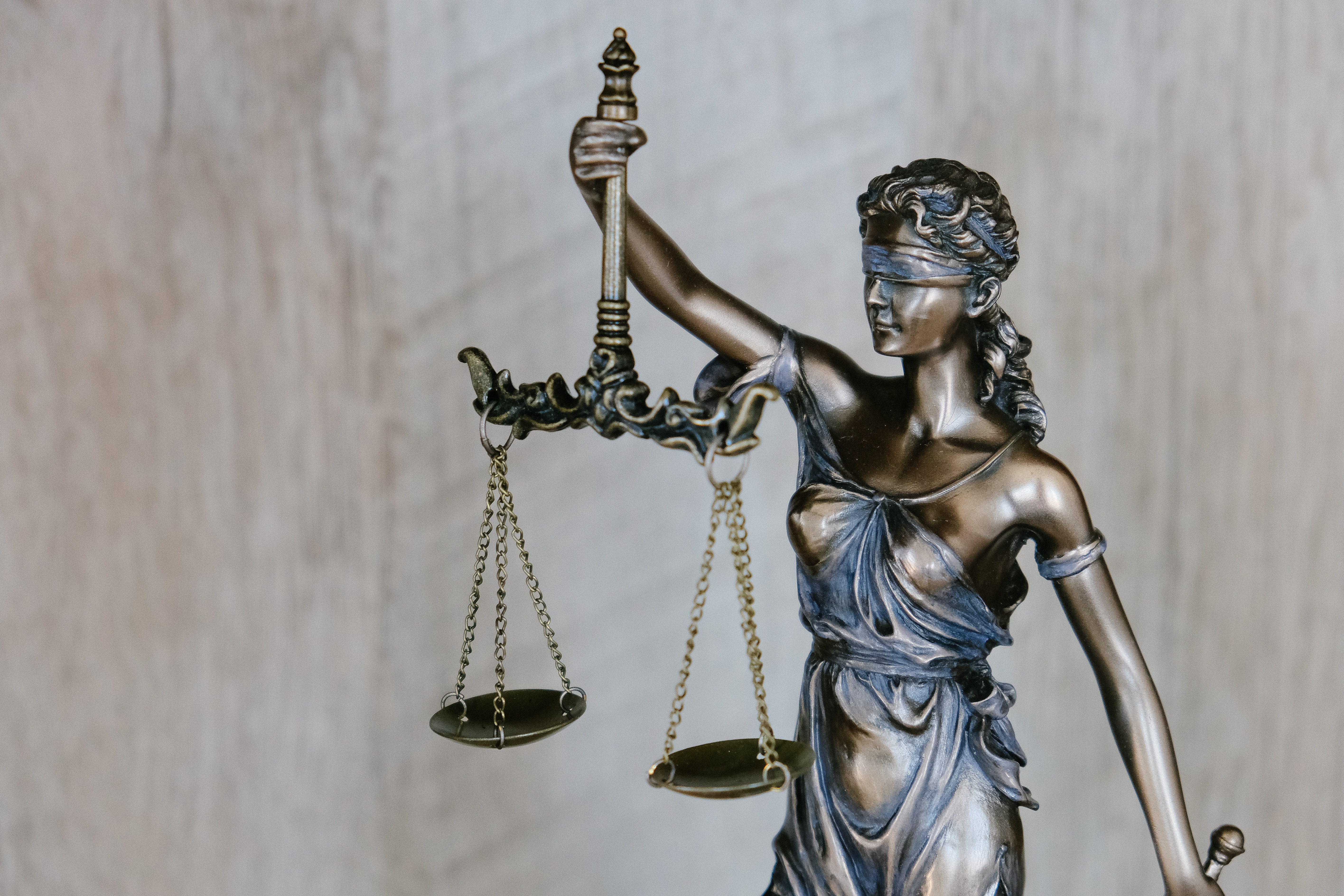
Illustration (Credit: Unsplash)
Every regulation or rule-making has a goal to achieve. Therefore, besides understanding the meaning of regulation, you also need to pay attention to its general functions. Here is some information that you can learn.
1. As a control and to provide certain limits.
2. Creating a sense of safety and peace.
3. Providing protection for rights and obligations.
4. As a guide in behavior.
5. Making members involved in the scope of regulation obedient and disciplined.
6. Disciplining someone so as not to harm others.
7. Forming a regulatory system that can be used as social control.
8. To achieve common goals.
4. Regulation Theory
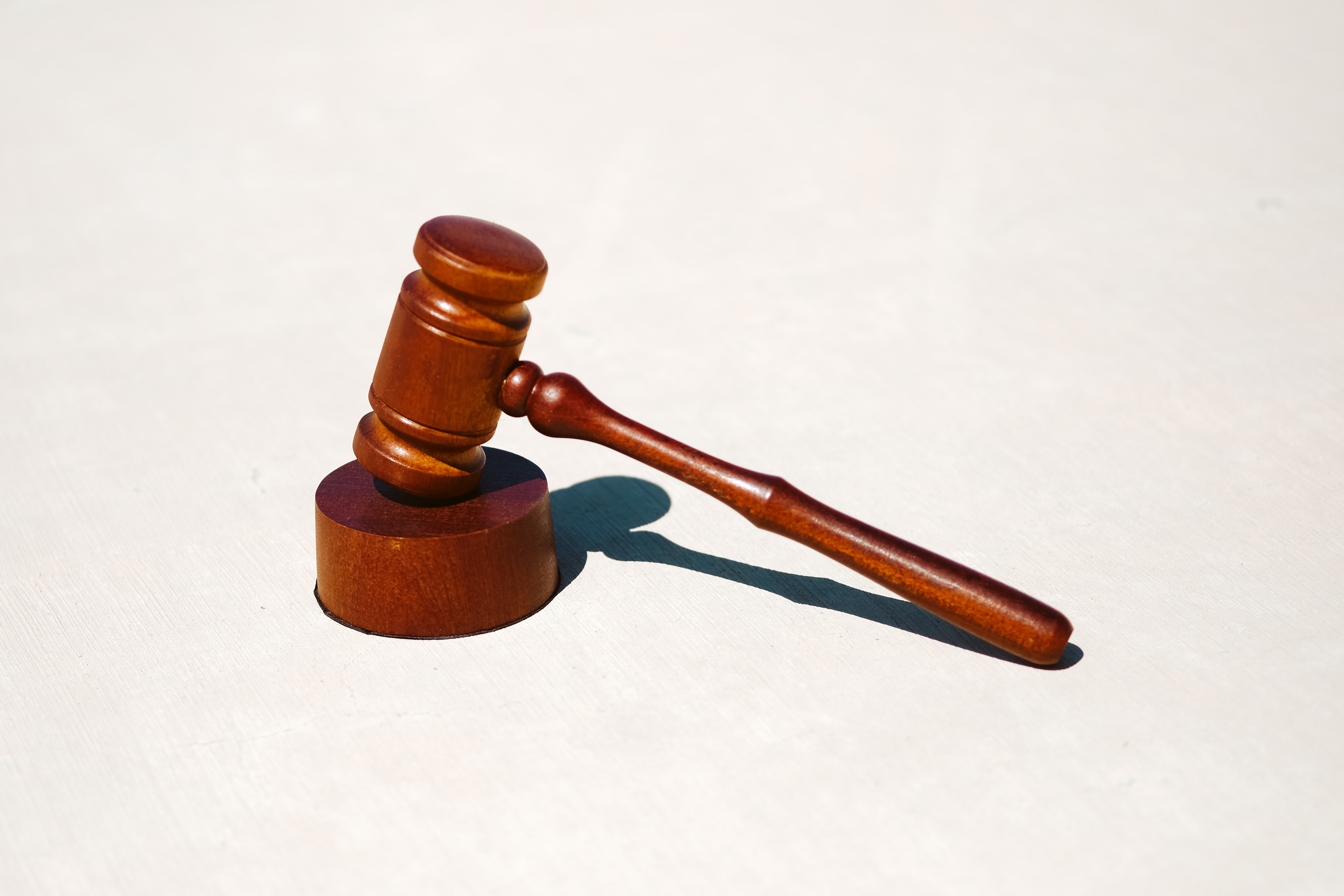
Illustration (Credit: Unsplash)
Not only understanding the meaning of regulation, to understand it more deeply, you also need to know the theory. Here are some regulatory theories from Bruce Yandle, an Economics Professor from the Mercatus Center that you can learn.
1. Public Interest Theory
This theory, which can also be called the theory of public interest, is the first and oldest regulatory theory, and is not associated with any particular expert or specialist. This theory states that politicians and those systematically involved in regulation seek to serve the wider public interest.
2. Capture Theory
According to this theory, politicians and regulators face cost and knowledge problems. There is no clear definition of what might be in the public interest for every piece of legislation considered in a legislative session or for every rule that must be made by regulators.
3. Special Interest Theory
The theory developed by Stigler explains that one can predict who will win in political competition by imagining the specific contents of proposed legislation only to the highest bidder in an auction. By focusing on which party is most disadvantaged (or advantaged) in a competition, one can understand the final outcome of regulation.
4. Money for Nothing Theory
If the previous theory emphasizes political aid obtained through the formulation of regulation, the money for nothing theory developed by Professor of Law at Northwestern University Fred S. McChesney instead focuses on lobbying done to gain profit through the threat of regulation.
5. Bootleggers and Baptists Theory
The Bootleggers and Baptists Theory combines elements of public interest theory and special interest theory. The B&B theory explains how successful lobbying efforts and long-lasting regulations arise when one interest group labeled as Baptists takes a high moral position while another group, the Bootleggers, uses Baptists as protection as they pursue narrow economic goals.
Well, KLovers, that's an explanation of the meaning and function of regulation, and the theories you need to know.
(kpl/gen/ans)
Disclaimer: This translation from Bahasa Indonesia to English has been generated by Artificial Intelligence.
